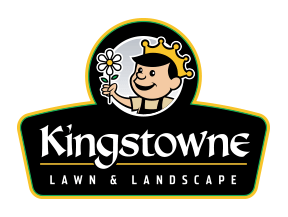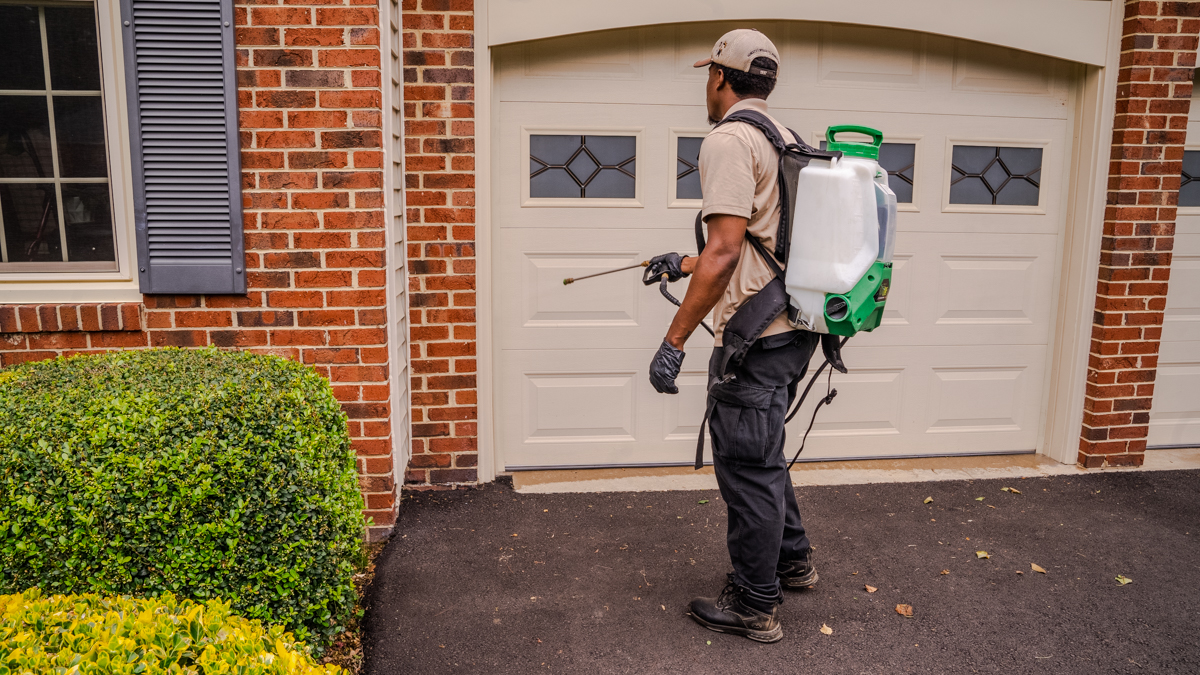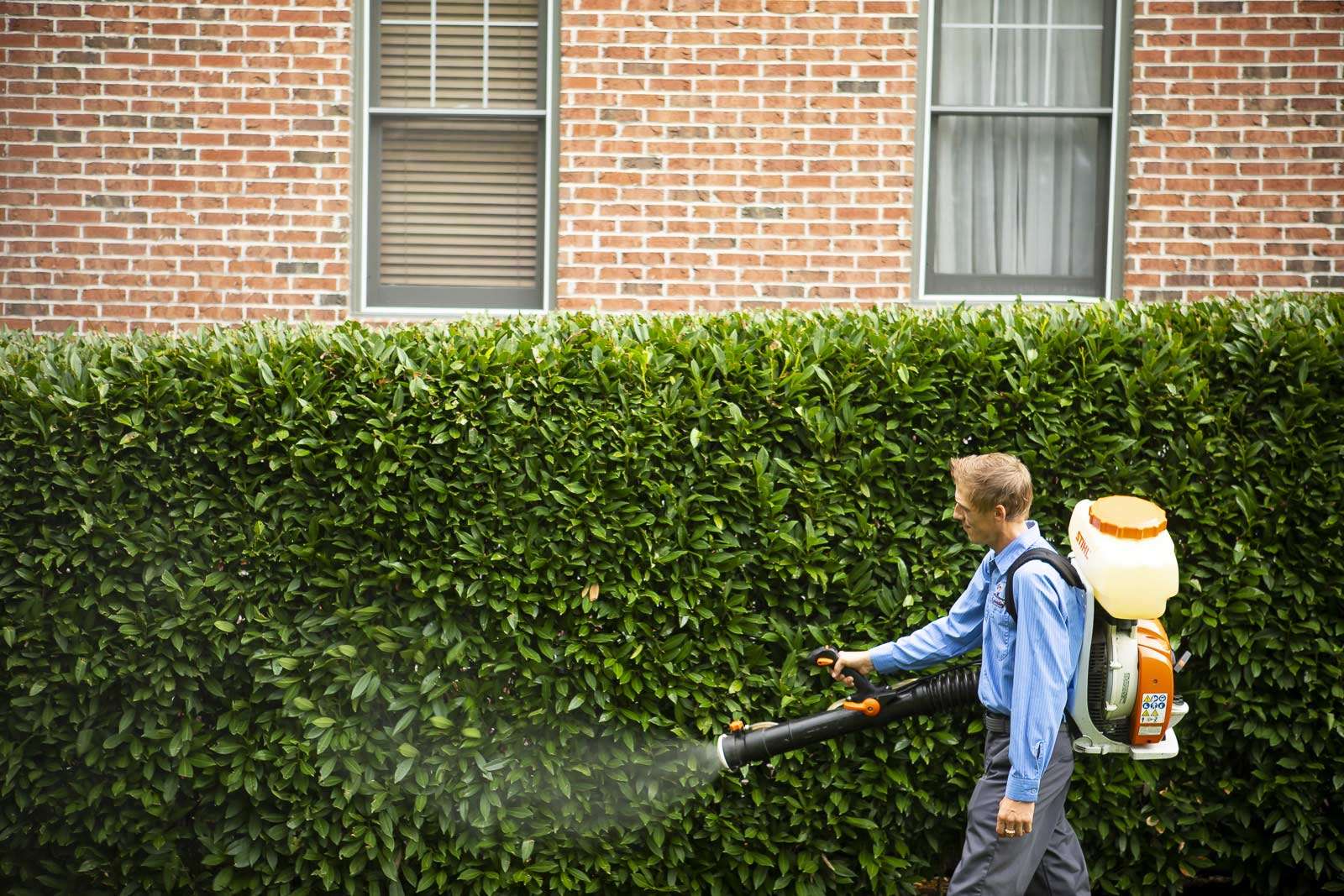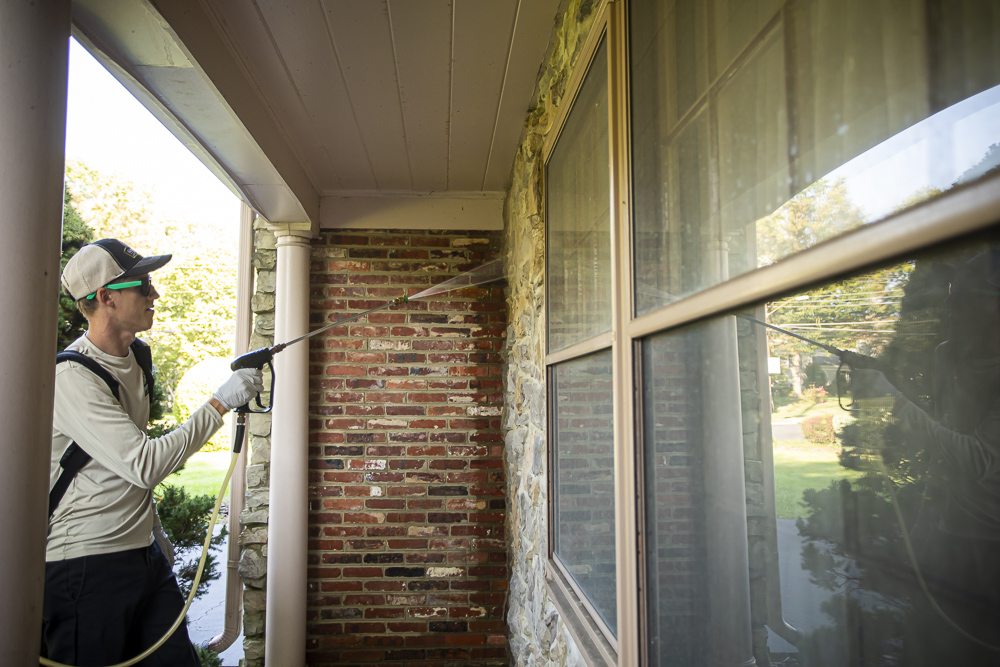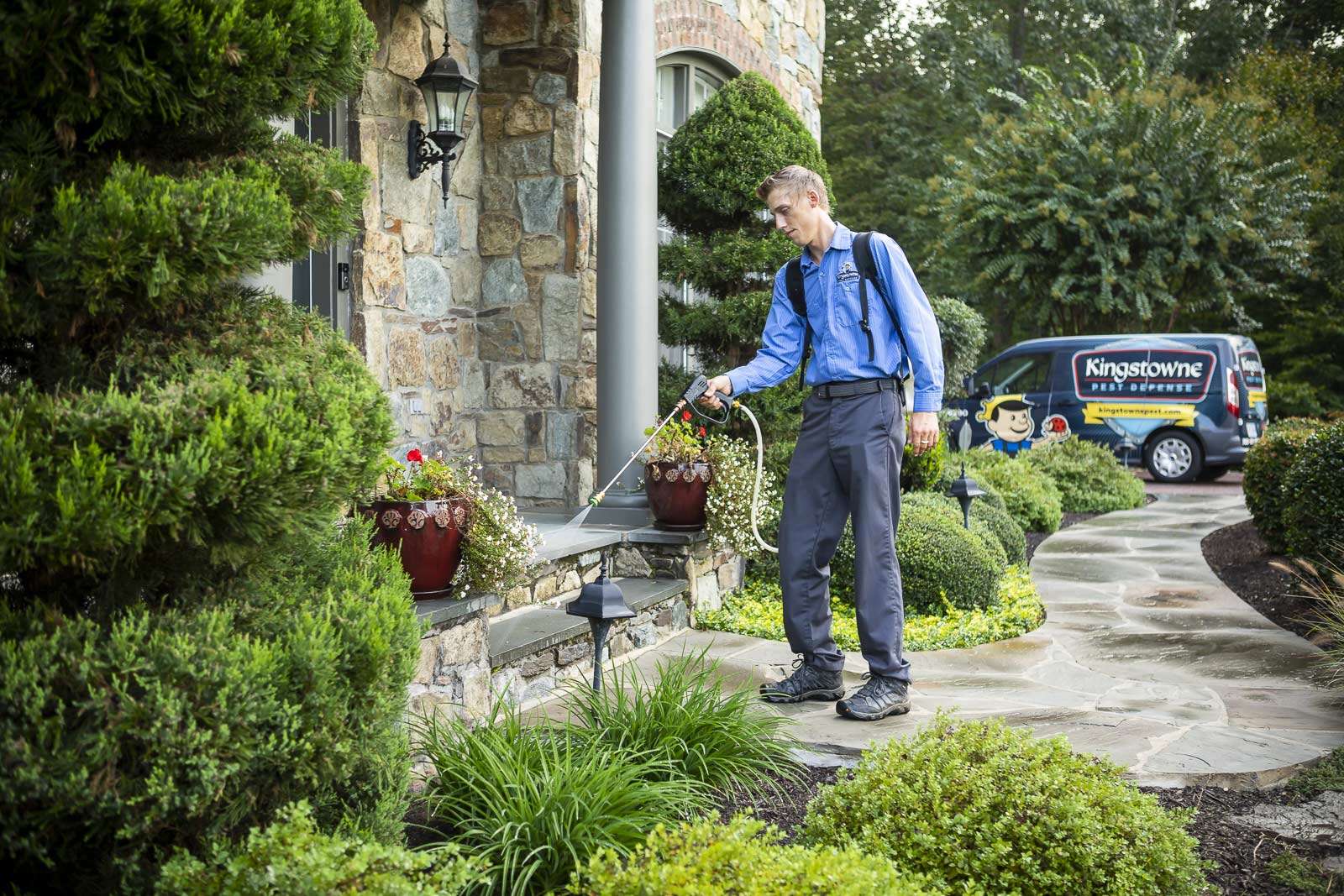Ants are everywhere—quite literally. They have colonized almost every landmass on Earth and comprise almost a quarter of the Earth’s animal numbers with around ten quadrillion of them found all around the world.
But we know one place where you don’t want to find ants—in or around your home in Northern Virginia.
While ants are recognized as valuable helpers in the natural world, in your home or yard, they’re a nuisance. Because ants are such social creatures, when one enters your home, you can be sure that many more will follow.
Whether you’re already spotting ants or you just want to avoid them, we understand that you want a solution that works.
Here are some helpful facts about ants, along with tips on how to control ants.
4 Common Types of Ants in Virginia
There are said to be more than 12,000 species of ants around the world. In North America alone, the number is around 1,000.
In the Northern Virginia area, there are a number of different ant species, though there are 4 in particular that are most likely to be the ants you’re dealing with. Let’s take a look at each.
1. Pavement Ants
Also sometimes referred to as “slab ants,” pavement ants get their name because they are commonly found around sidewalks, patios, and driveways. Because they live so close to homes, they often find their way inside in search of food.
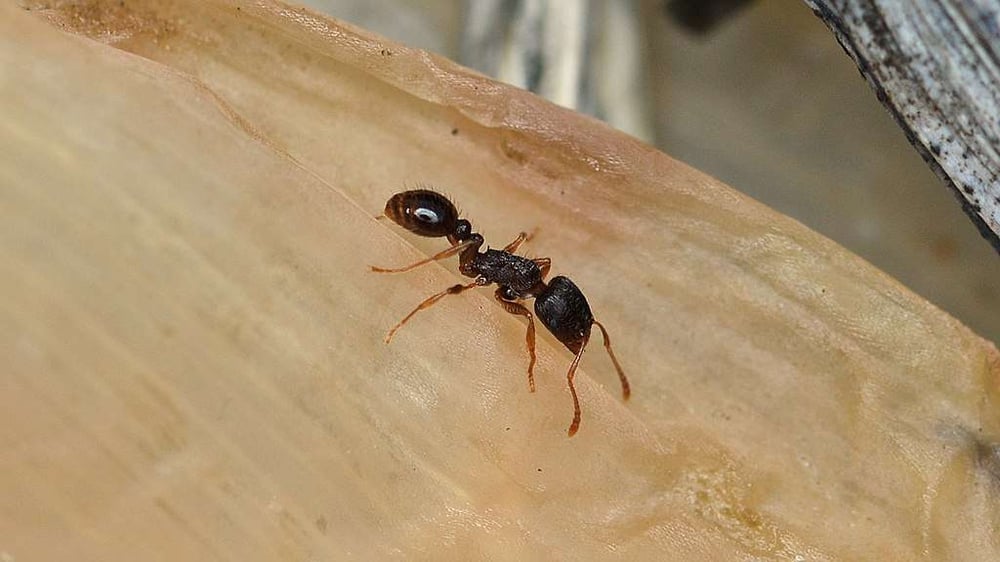
Pavement ants will eat just about any food that they can find. While they may find their way into your home through a crack, it’s the open containers or crumbs they will encourage them to stay. Even the smallest of crumbs left on a counter or floor can be a major attraction.
2. Odorous House Ants
While similar to the pavement ant in looks and nature, Odorous ants get their moniker as a result of the stinky odor they omit when crushed. Many people liken it to rotten coconut.
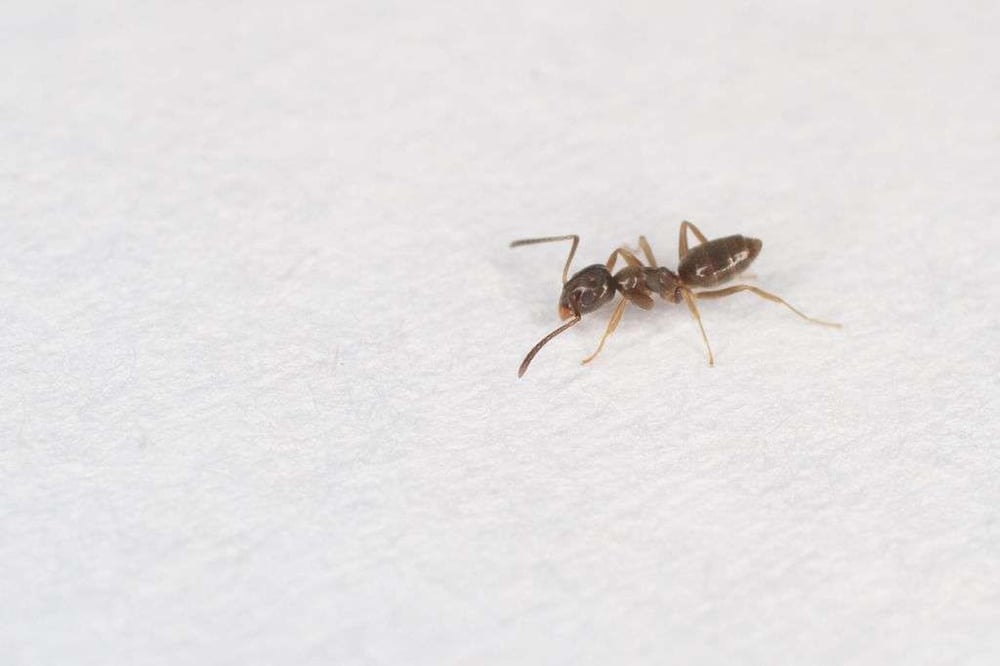
Of the various ant types in Virginia, the odorous house ant is most likely to be a problem. They can nest just about anywhere and can multiply quite rapidly. Increased activity is likely on rainy spring and summer days.
3. Little Black Ants
As their name implies, these ants are tiny (workers are only about 1/16th of an inch, though the queen can be about 1/8 -inch). These ants generally live outside and build their nests in dark, protected areas (such as under rocks).
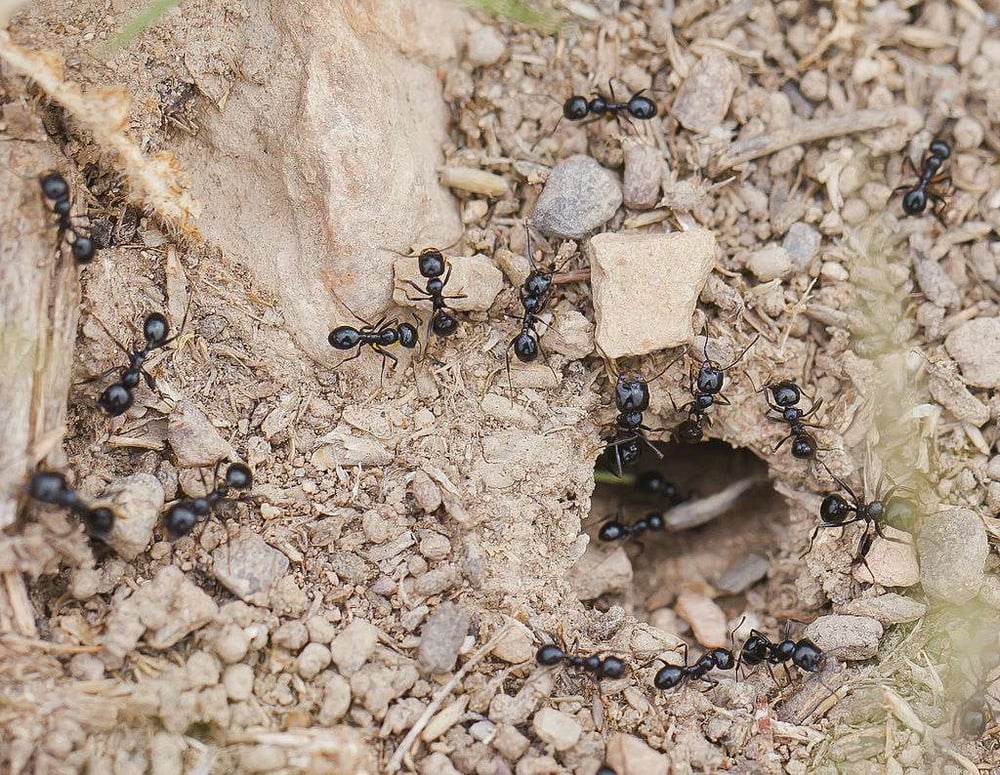
However, Little Black Ants will make their way inside if there is an opportunity to find food.
4. Carpenter Ants
Of the various ant types in Virginia, the carpenter ant is one of the most troublesome. Though it does not feed on wood (like a termite), it can cause damage by boring into the wood to make room for its nest.
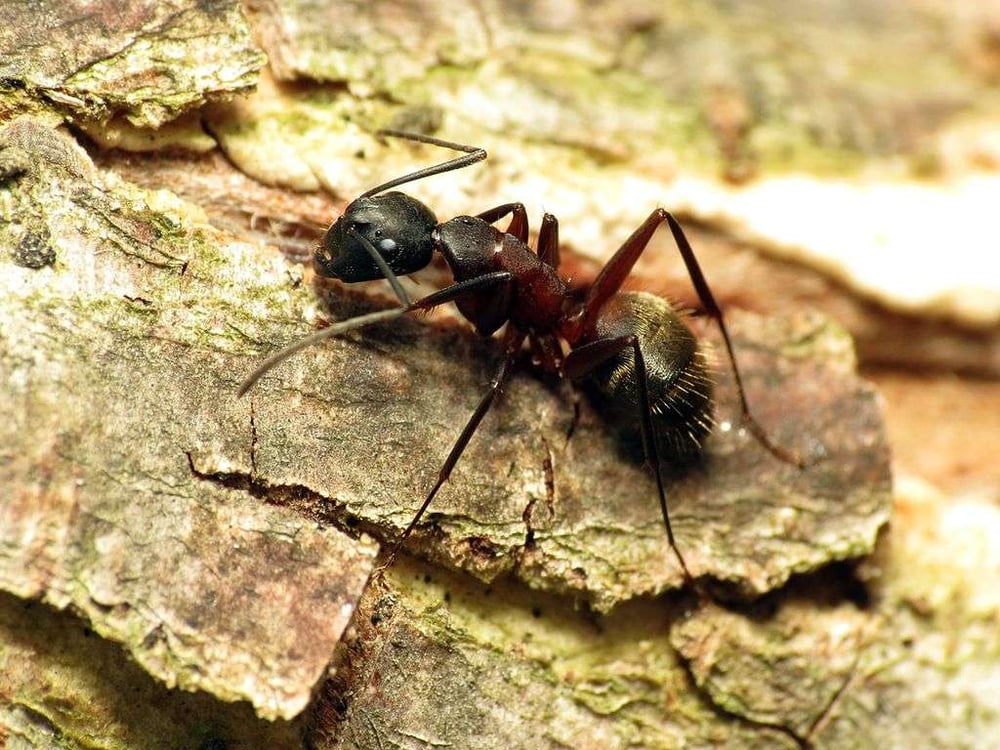
Carpenter Ants are among the largest ants in the United States and easily seen, except they do like to hide out. Sometimes the first sign of carpenter ant activity is damage, such as sawdust. They are typically black in color but some species may be red, orange or a combination of these colors.
Ant Control Options in Northern Virginia
Whether you’ve already spotted one or more of these ants or you’re just being proactive, we understand that you want to keep ant infestations away from your home. That’s why you might be interested in your options for ant control.
If you already have a substantial existing problem in your home, you should call an exterminator. However, if you’re looking for an alternative that prevents these issues on the outside first, then an exterior pest control service will do the trick and comes with some advantages.
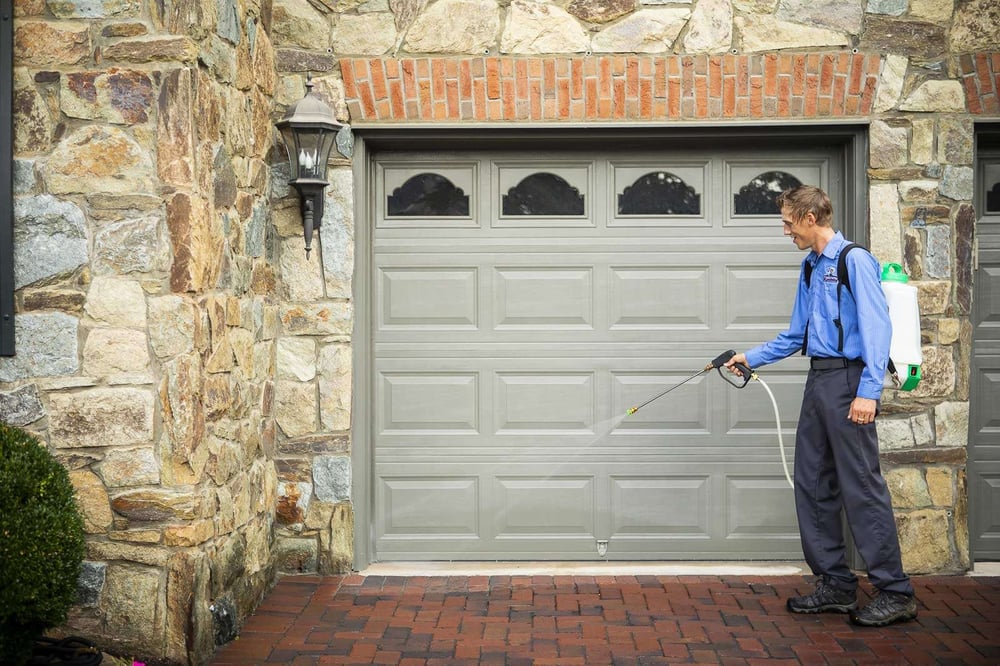
More specifically, we would recommend Perimeter Pest Defense, which would put up a “shield” and prevent the bulk of these unwanted pests from making it into your home in the first place. Most homeowners express that they’d rather keep pests out then wait until they already have a major infestation inside of their home to deal with it.
If you’ve already spotted a few ants inside of your home, being careful to seal any bags of food left open, keeping food off the counters, and thoroughly cleaning crumbs will remove the food source for these pesky creatures.
While Perimeter Pest Defense is applied at the foundation of your home and will keep ants from making their way in, if you also have an ant problem in your lawn, we can apply bait in your lawn areas to address this concern. The worker ants will take the bait back to their colonies.
Protecting Your Home and Property From Ants
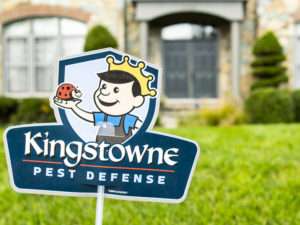 At Kingstowne, our goal is always to defend against invasions from the outside, instead of having to deal with a major infestation on the inside. Why let it get to that point when we can stop ants in their tracks? Plus, not only will our Perimeter Pest Defense service keep the ants away, but you get the added benefit of keeping other creepy crawlies away, as well.
At Kingstowne, our goal is always to defend against invasions from the outside, instead of having to deal with a major infestation on the inside. Why let it get to that point when we can stop ants in their tracks? Plus, not only will our Perimeter Pest Defense service keep the ants away, but you get the added benefit of keeping other creepy crawlies away, as well.
While ants drastically outnumber humans in the world, it doesn’t have to be that way in your home and around your yard. If you’re dealing with, or worried about, an ant problem, you can take control. At Kingstowne, we have the ant control strategy that you need in order to restore peace of mind and keep these pests at bay.
Ready to protect your Alexandria, Arlington, or Springfield, VA home from ants and other pests? Get started today! Request a free quote and let us give you the royal treatment!
Image sources: pavement ant, odorous house ant, little black ants, carpenter ant

